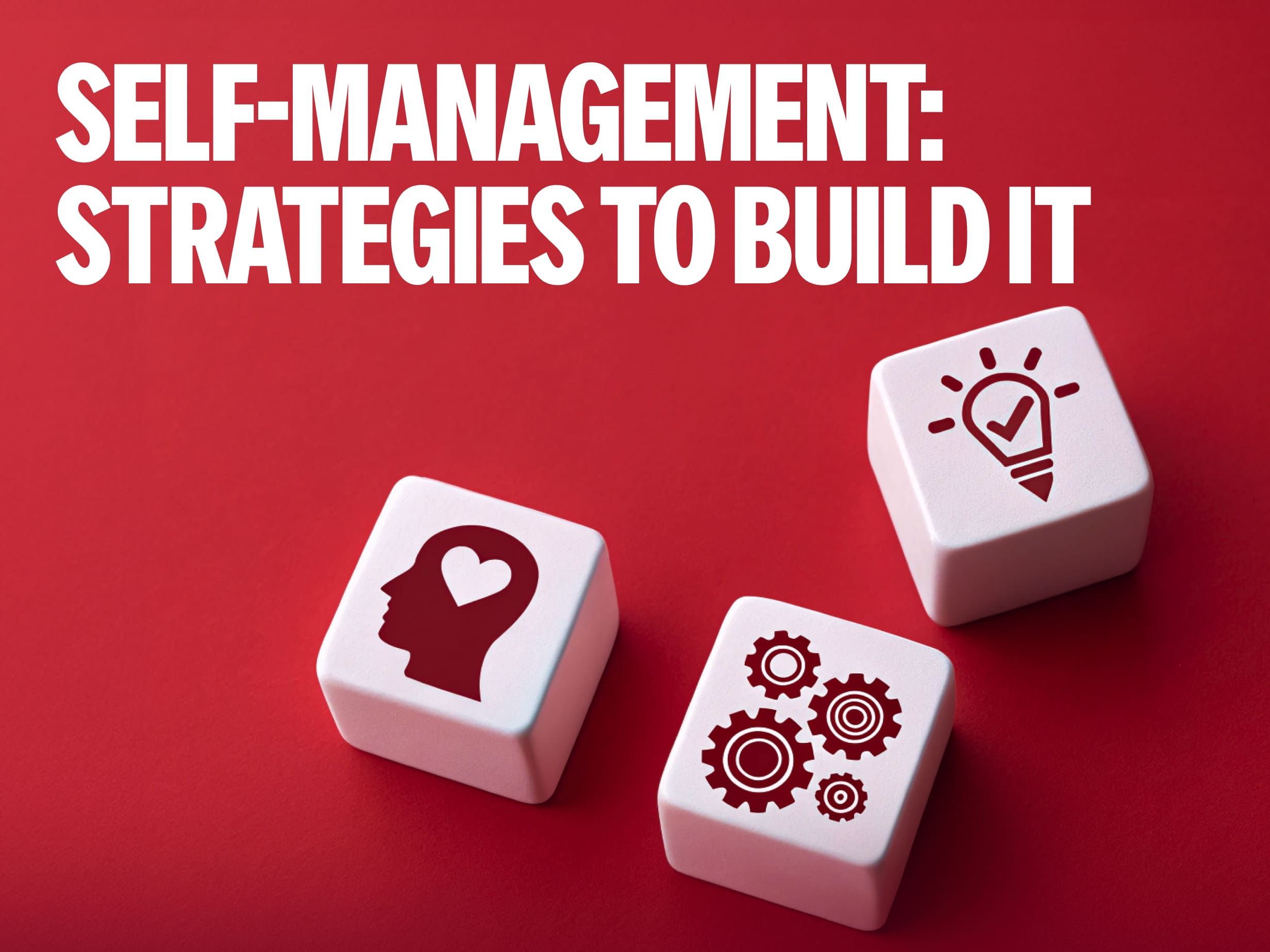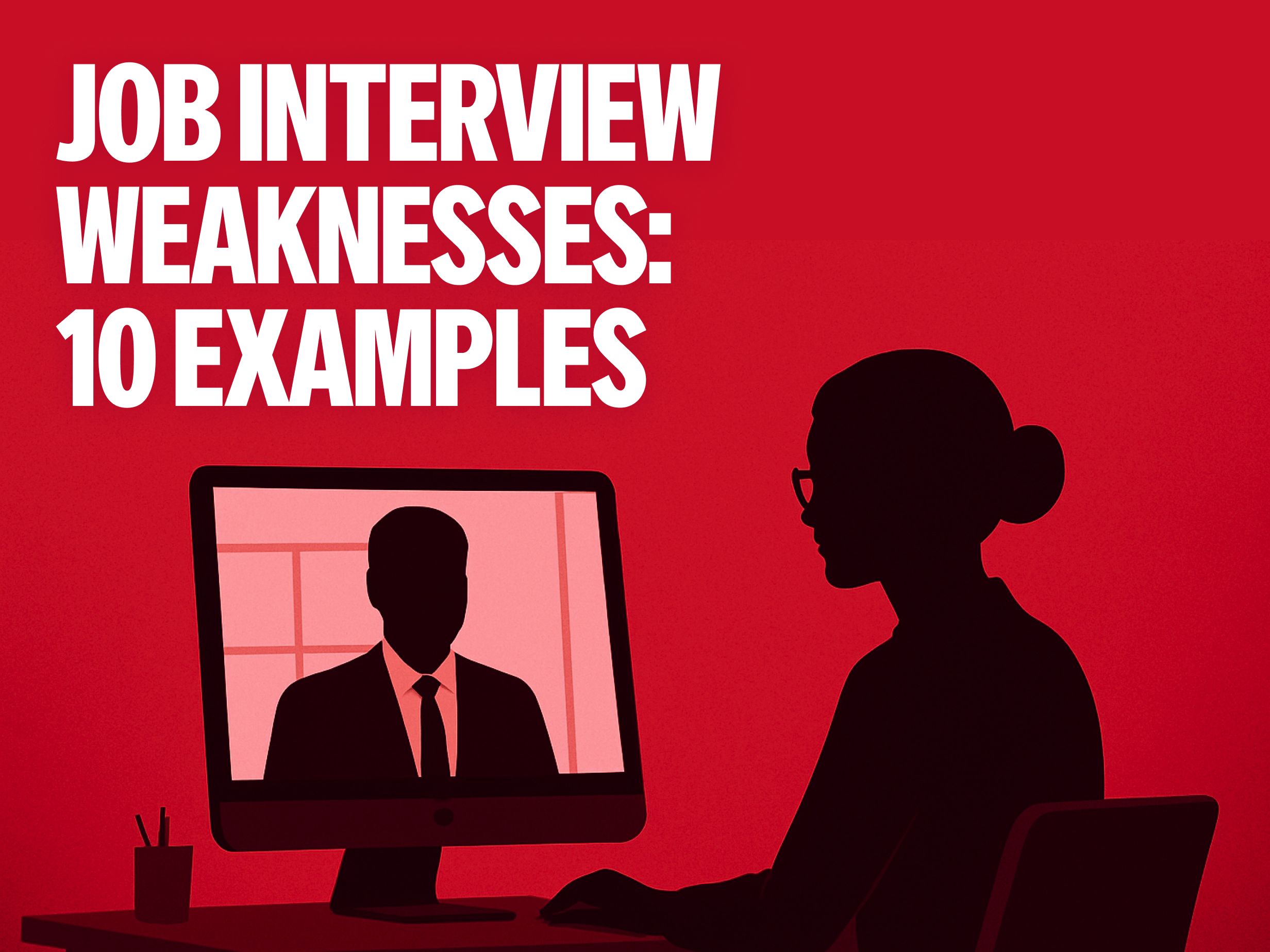What Is Self-Management?
Self-management is being able to plan, stay organized, and follow through — without someone else constantly checking in. It means taking personal responsibility for your time, your own behavior, and your own emotions. It also means being ready to handle change and manage stress effectively.This isn’t about doing more. It’s about being smarter with your time and living with more clarity. Developing self management is about staying steady when things get messy, using strategic planning, and talking to yourself with a bit more kindness — that’s where positive self-talk comes in.It also means staying flexible and adjusting to changing circumstances without losing your focus. And it includes taking time for self-evaluation — checking in with yourself to figure out what’s helping and what’s just noise.In the next part, you’ll see eight practical self-management strategies that can help you build these skills and use them in everyday life.

Set Clear Goals — and Stick to Them
Saying “I want to be better” sounds nice — but doesn’t give you much to work with. That’s why goal setting needs to be specific and time bound. Something like “Finish the monthly report by Thursday at 3 PM” gives you something real to focus on.One way to do this is by using the SMART method — setting goals that are Specific, Measurable, Achievable, Relevant, and Time-bound. For example, instead of saying “Exercise more,” a SMART version would be “Go for a 30-minute walk every weekday after work.” This gives you a clear plan, a way to measure progress, and a deadline to stay accountable. It also helps you focus on what matters, not just what sounds good.People who set goals with clear timelines tend to actually follow through. That’s where goal alignment helps — it keeps you focused on the most important tasks, makes your time management more effective, and helps you finish each task with intention and clarity.
Choose What Deserves Your Time
Trying to juggle everything usually means nothing gets done well. That’s why prioritizing tasks matters. When you focus on what truly counts — not just what’s loudest — you build self-awareness and start managing your day with more purpose.One simple trick — often known as The Rule of 3 — is to pick 2–3 most important tasks each morning. The rest can wait. For example, you might decide to finish a report, return two important emails, and book a doctor’s appointment — and leave less urgent things for later. It boosts your output and reinforces self-discipline. Plus, it helps you direct your behaviors effectively, instead of running in circles.Learning to say no, press pause, or shuffle your schedule is part of effectively managing your attention — and it’s especially useful for young adults figuring out their routines.
Prioritizing responsiveness shows that I'm genuinely interested in my team's professional and personal growth.
Use Time Blocks and Short Work Sessions
Breaking your day into chunks can keep your mind fresher. For example: handle deep work in the morning, and push calls or admin to later. This kind of strategic planning doesn’t take long to set up, but it works.Short focused sessions — like the Pomodoro method (25 minutes of work, 5-minute self care breaks) — keep your energy up. You set a timer, focus on one task for 25 minutes, then take a real break — no checking messages, no multitasking. After four rounds, you take a longer break to reset completely. It’s simple, flexible, and great for days when motivation is low or your brain feels scattered.These habits help with self regulation, reduce stress, and make you more aware of your natural ups and downs. They also train you to delay gratification, which is key to long-term focus and resilience. Funny enough, taking breaks on purpose can actually help you get more done — and feel better doing it.

Manage Emotions During Stress
Stress shows up whether we like it or not. The difference is how we handle it. Sometimes it takes just a pause, a breath, or a walk to reset. One simple technique that can help in the moment is the STOP method — Stop, Take a breath, Observe what you’re feeling, and Proceed with intention. It’s a quick way to interrupt automatic reactions and choose how you want to respond.That builds emotional intelligence, supports emotional regulation, and teaches you how to manage your emotions instead of letting them manage you. That’s where self-control kicks in. Over time, you build the self-awareness to spot emotional patterns and respond with intention instead of instinct.This kind of emotional clarity helps you stay grounded in different situations — even the messy ones. Learning to sit with negative emotions (instead of running from them) is a powerful part of growing up and leveling up.
Keep Learning — in Small Doses
You don’t need a course or a full-on degree to get better at what you do. Just keep learning — a little every day. That fuels personal growth, boosts self-efficacy, and sharpens your decision-making skills. Even 10 minutes a day — a video, an article, a quick read — can help you develop and improve your self management in a real way.One useful approach is just-in-time learning — finding exactly what you need to know when you actually need it. For example, learning how to have a hard conversation the day before a performance review makes the skill feel instantly relevant and easier to apply.And yes, research backs this up.A 2025 study published in Heliyon found that mobile microlearning led to improved knowledge, greater confidence in skills, and more certainty in decision-making. So yeah — even 10–15 minutes of learning a day can have a measurable impact on your self management skills and ability to stay focused long-term.You don’t have to learn everything. Just focus on relevant information that fits your goals and values.
Be eager to learn, don't be afraid to voice your ideas, and embrace the spirit of teamwork.
Let Technology Help — Without Taking Over
Technology should be there to help — not to overwhelm. Digital to-do lists, reminders, and smart tools make a big difference. They improve organizational skills, keep your task list in check, and help you feel more in control of your day.Yango tools support this:Yasmina — voice assistant to manage schedules and reminders. You can ask it to remind you about meetings, call a friend back, or even take a break — so you don’t have to keep it all in your head.Yango Delivery — saves time on errands and chores. For example, you can order groceries or essentials instead of spending an hour at the store — and use that time for something that matters more.Yango Maps — takes the stress out of commuting. It helps you avoid traffic jams and find the best route, so you’re not rushing or running late.These tools help you stay focused, follow through, and use the right tools to manage both work and life more easily. It’s this kind of support that makes effective self management feel doable — not forced.
Protect Time to Recharge
Most people are always on the go but still feel like they’re behind. Often, what’s missing is rest. It’s not a luxury — it’s a real self-management strategy. Making space for physical activity, hobbies, or even just a little downtime supports self-esteem, motivation, and overall balance.One simple method that helps is the 90–20 rule — work in focused 90-minute blocks, then take a 20-minute break. It’s a great way to protect your energy and stay productive without burning out.Crossing off a few small tasks and checking in with yourself can go a long way in staying motivated. And sometimes, being productive means stopping for a second — just to maintain focus and breathe.This isn’t just a feeling — the data backs it up.According to the 2025 Microsoft Work Trend Index, 80% of workers worldwide say they don’t have the time or energy to work effectively. And still, 53% of leaders expect even more from them. This shows how important it is to unplug, recover, and protect your well-being if you want to keep going long term.
Review What’s Working — and What’s Not
Self evaluation is where real growth starts. What’s helping you stay on track? What’s getting in your way?One helpful habit is a weekly review — a short moment each week to look at what went well, what didn’t, and what you might want to adjust. It makes it easier to see progress and fine-tune your systems without overthinking it. You’ll start to self manage your energy, mindset, and routines — without someone else managing you. The shift happens when you keep showing up by your own accord, because you care.Things won’t always go perfectly. But with solid problem-solving skills (and a little flexibility), you can adjust. At the core, self-management isn’t about being perfect. It’s about navigating life, finding what works, and making steady progress — even when it’s messy.***In the end, self-management isn’t about squeezing more into your day — it’s about focusing on what matters. It’s built on daily decisions: where you draw the line, how you react, and what you give your energy to.With the right mindset, a few self management interventions, and tools that support your process, it gets easier to build habits that last. And when you find what works for you, self-motivation and focus come more naturally.




